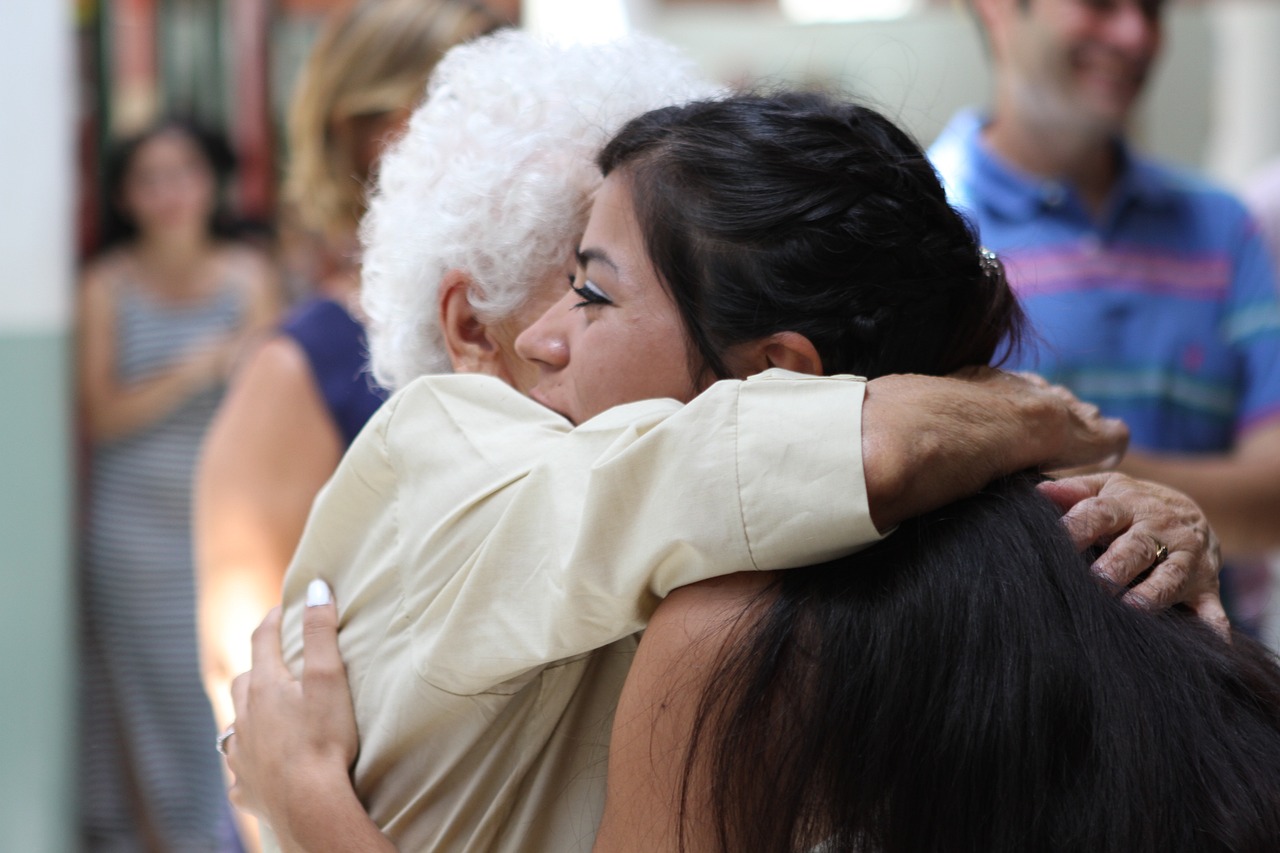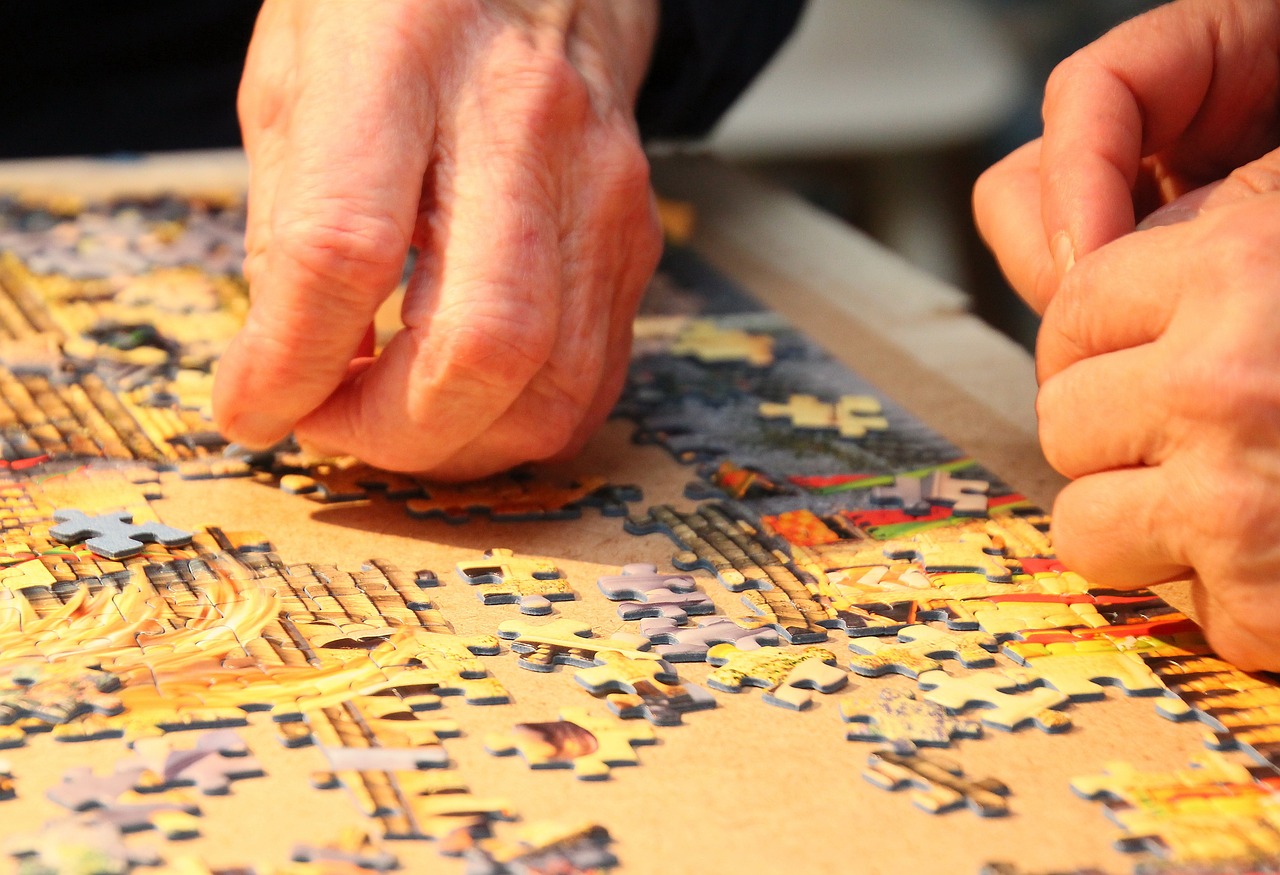Assisting older people suffering from dementia requires understanding, patience, and a person-centered approach. Here are some guidelines to help support individuals with dementia.
Establish a Safe and Supportive Environment
- Remove hazards and ensure a clutter-free living space to reduce confusion and promote safety.
- Install locks or alarms on doors and windows to prevent wandering.
- Use clear signage or labels to help individuals locate essential areas, such as the bathroom or bedroom.

Effective Communication
- Use simple and concise language, speaking slowly and clearly.
- Maintain a calm and reassuring tone of voice, and make eye contact while speaking.
- Use non-verbal cues, such as gentle touch or facial expressions, to convey warmth and understanding.
Promote Independence and Engagement
- Encourage individuals to engage in familiar activities they enjoy, such as hobbies, puzzles, or listening to music.
- Break down tasks into manageable steps and provide gentle guidance as needed.
- Allow for decision-making and choice when possible, empowering individuals to maintain a sense of control.
Establish a Consistent Routine
- Maintain a predictable daily routine to provide structure and reduce anxiety.
- Plan activities, meals, and rest times at consistent intervals to help individuals feel secure and oriented.
- Ensure adequate rest and sleep to support overall well-being.
Provide Visual and Written Support
- Use visual aids, such as large, clear signs or pictures, to help individuals navigate their environment.
- Create a memory box or display with familiar objects or photographs to trigger positive memories and stimulate conversation.
Assist with Daily Living Activities
- Provide gentle reminders and cues for daily activities, such as personal hygiene, meal times, and medication management.
- Break down tasks into step-by-step instructions and offer assistance as needed, maintaining dignity and respecting privacy.

Foster Social Interaction and Connection
- Encourage socialization with family members, friends, and support groups.
- Arrange visits or engage in activities that promote interaction, such as group games, reminiscing sessions, or outings to familiar places.
Seek Support and Education
- Educate yourself and family members about dementia to better understand the condition and its challenges.
- Seek support from healthcare professionals, dementia support organizations, or caregiver support groups for guidance and assistance.
Practice Self-Care
- Caring for individuals with dementia can be emotionally and physically demanding. Take care of your own well-being by seeking respite, practicing self-care activities, and seeking support from others.
Remember, every individual with dementia is unique, and their needs may evolve over time. Regularly assess their abilities, preferences, and limitations to adapt your approach accordingly. With compassion, patience, and appropriate support, you can make a significant difference in the lives of older people suffering from dementia, enhancing their well-being and quality of life.